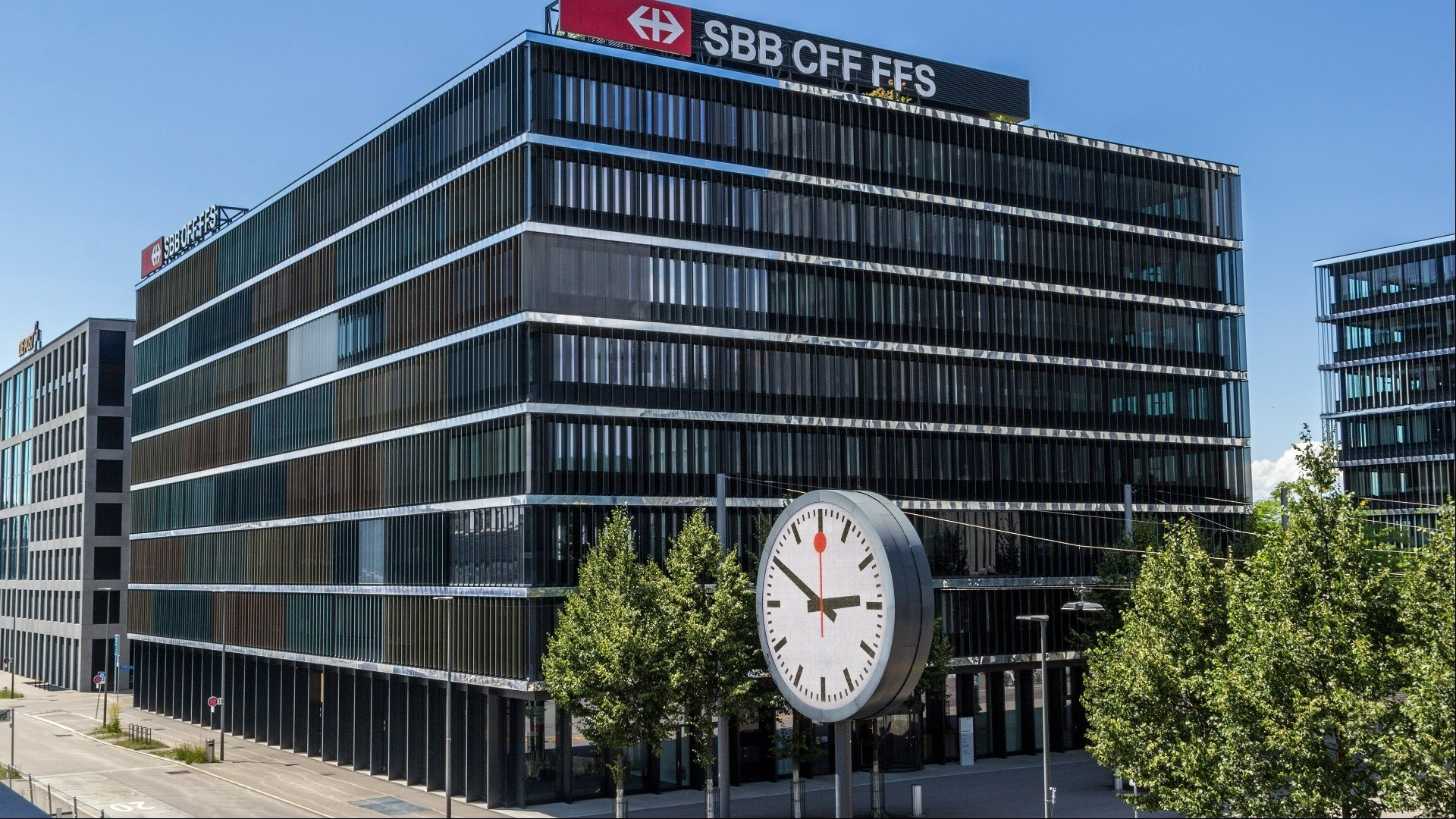SBB close to collapse

The Federal Railways submitted their draft timetable 2024 to the French-speaking cantons at the end of March. The travel times of train services in the French-speaking part of Switzerland will surprisingly be extended and many connections are no longer guaranteed. Certainly not temporarily, but rather at the very least until 2032. The reason? According to the railways, the slowing of routes between the main cities in the French-speaking part of Switzerland is unavoidable because of urgent network and junction improvements, during which the SBB must have "more reserves for network operation". As the title of the press release issued a few days ago indicates, the Conference of Cantonal Transport Directors of Western Switzerland flew into a rage: "The remedy is worse than the disease". In an extraordinarily long meeting, the responsible authorities of the French-speaking cantons have decided to reject the proposals. They are willing to engage in discussion with SBB, but not based on this unacceptable basis. On certain main routes - reports the Conference - the train schedule is being modified and the connections to regional traffic at several stops are being reduced. The improvement in the offer that has been achieved in the last two decades through the project Ferrovia Duemila is now jeopardized.
The SBB's decision falls on the heels of an inauspicious period: the pandemic and, above all, the collapse of links due to repeated accidents on the French-speaking rail network, which had led the authorities to denounce last year "the volatility of the current network based on a single main line" and to call for "a second line from Lausanne to Geneva, an indispensable feature on a route carrying 20,000 passengers per hour". Whereas the Cantons of the Leman Arc were expecting substantial improvements, in order to solve the difficulties of a network that is incapable of absorbing the strong increase in traffic, the SBB is now proposing ... changes to the service for a period of almost ten years.
The French-speaking cantons condemn the fact that the suggested timetable is inconsistent "with the decisions on transport policy that have been repeatedly approved by the Federal Assembly and the people" and "calls into question the objective of an increase in the proportion of public transport that is essential to attain the climate targets". This is probably the sore point. Have the political authorities and SBB considered properly in advance the consequences of the objective of a major transfer of personal mobility from road to rail? And particularly the capacity and performance of the network in the event of a substantial increase in passengers? The transfer to the rail network occurs if the train is convenient in terms of time and connections (as well as prices). If, however, journey times are slowed down and connections to regional traffic are no longer guaranteed effectively... Double-deck trains are not enough: network expansion is essential. One must paradoxically rejoice at the fact that the shift of individual traffic from road to rail has hardly changed since 2005. The significant increase in passenger rail traffic is in reality due to another phenomenon: the significant increase in population. Individual motorized traffic (which in Switzerland is by far the most favored one in terms of trips and distances) has increased proportionally to rail traffic in the last ten years. Luckily, one could say. What would happen to the much praised Swiss railway system if in the last years in addition to an increase in population, there had been a sudden and significant transfer from road to rail in the absence of an adequate expansion of the network?

